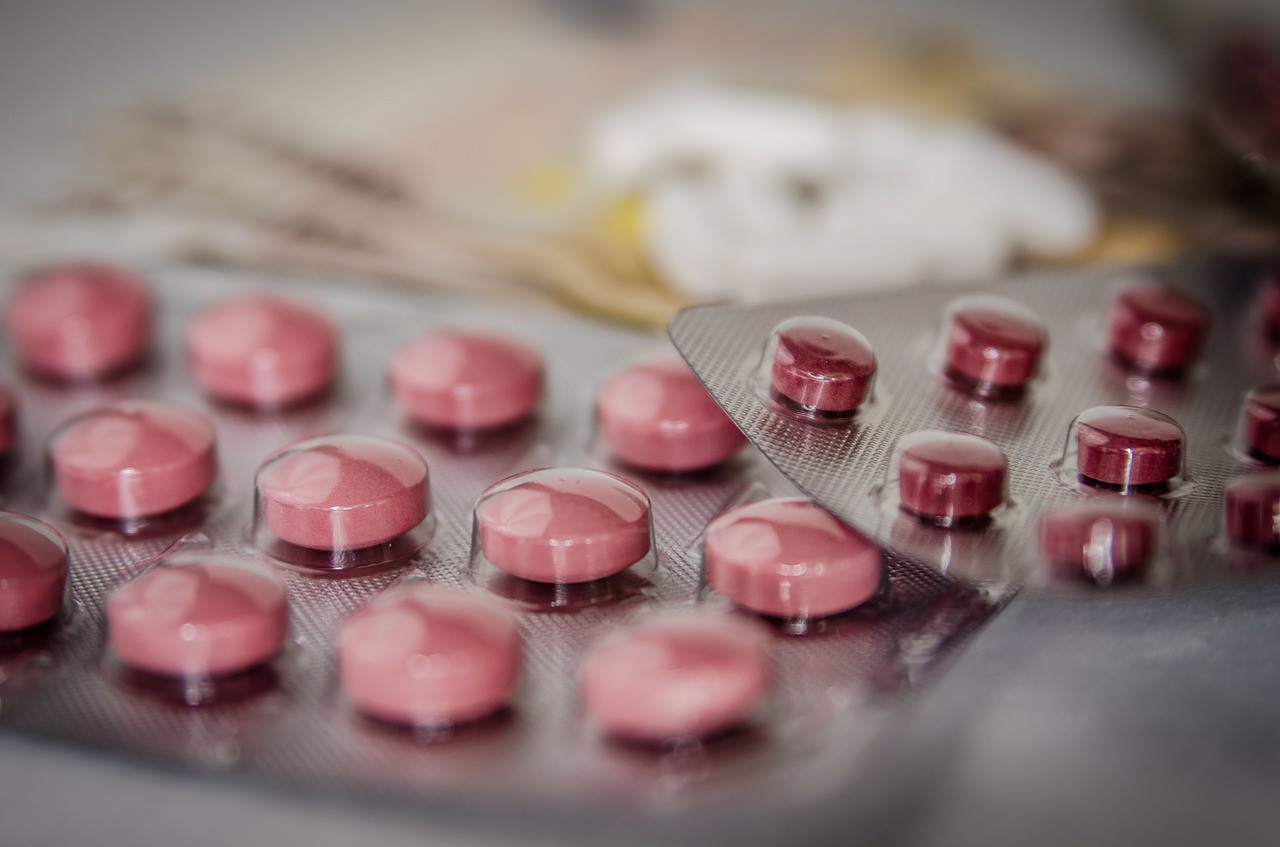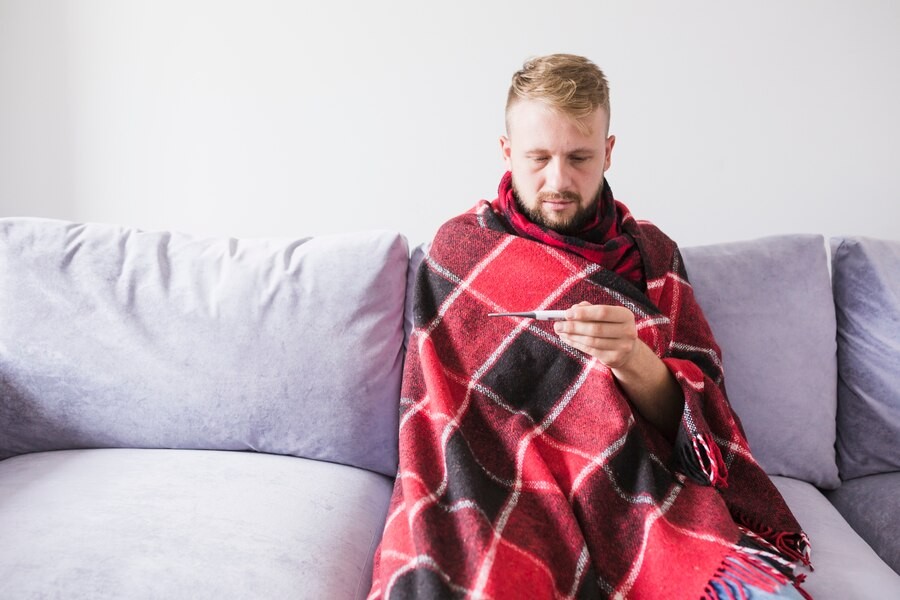Stevens-Johnson Syndrome (SJS) is a rare, serious disorder of the skin and mucous membranes in the body such as the eyes, genitals and mouth. The exact cause of this condition is not always known. However, SJS is usually triggered by medication, infection, or both.
Some drugs, such as anti-gout drugs, drugs to treat seizures, sulfonamide antibiotics, and pain relievers, can trigger Stevens-Johnson syndrome. Apart from that, infections such as pneumonia and HIV infection are also said to be causes.
Symptoms of Stevens-Johnson Syndrome
Stevens-Johnson syndrome often occurs in children and adults under 30 years of age. However, SJS can also be experienced by older or elderly people.
Early symptoms of Stevens-Johnson syndrome may begin with flu-like symptoms. Early symptoms that appear a few days before the rash include:
- Fever
- Pain or irritation in the mouth and throat
- Unexplained feeling of tiredness
- Burning sensation or irritation in the eyes
As the condition progresses, other signs and symptoms also develop, including:
- Widespread skin pain
- A red or purple rash appears that spreads to various parts of the body
- The appearance of blisters on the skin and mucous membranes in the mouth, nose, eyes and genitals
- The skin begins to peel
Read more: Why Do Women Tend To Experience Autoimmune Disease?
Is Stevens-Johnson Syndrome Deadly?
Stevens-Johnson syndrome has the potential to be a fatal condition, although the fatality rate depends on how severe the condition is and the response to treatment.
There are several complications associated with Stevens-Johnson syndrome that may occur, including:
- Widespread pneumonia
- Visual impairment and blindness
- Permanent damage to the skin
- Sepsis or severe infection in the bloodstream
- Shock or circulatory failure as an inflammatory response to extensive tissue damage
- Organ failure
- Death
Read more: List Of Diseases Caused By Autoimmune Conditions
How to Prevent Stevens-Johnson Syndrome
Although there is no definite way to prevent Stevens-Johnson syndrome, you can still take several important steps, especially those related to the use of certain medications and infections, including:
- Communicate with your doctor about any history of allergies or drug reactions you have experienced before
- Note and avoid drugs that have the potential to cause allergic reactions
- Pay attention to unusual symptoms or suspicious reactions after taking medication such as rash, swelling, or unusual pain
- Don't take medicine carelessly and always consult a doctor before taking medicine
- Consult a doctor if you have concerns about the medication you are using
These steps do not guarantee the prevention of Steven Johnson syndrome, but we hope they will help to reduce the risks and adverse reactions that can be experienced. You can also consult with our doctors regarding medication consumption and concerns about allergic reactions through the Ai Care application, which can be downloaded from the App Store or Play Store.
Want to know more information about other diseases? Click here!
- dr. Monica Salim
Mayo Clinic (2023). Stevens-Johnson syndrome. Available from: https://www.mayoclinic.org/diseases-conditions/stevens-johnson-syndrome/symptoms-causes/syc-20355936
Amanda M. Oakley and Karthik Krishnamurthy (2023). Stevens-Johnson Syndrome. Available from: https://www.ncbi.nlm.nih.gov/books/NBK459323/
Cleveland Clinic (2020). Stevens-Johnson Syndrome. Available from: https://my.clevelandclinic.org/health/diseases/17656-stevens-johnson-syndrome
Esen Karamursel Akpek, MD. Stevens-Johnson Syndrome. Available from: https://www.hopkinsmedicine.org/health/conditions-and-diseases/stevens-johnson-syndrome
Natasha Camargo da Silva, et all (2020). Stevens Johnson Syndrome in Patients with HIV: A Challenging Treatment. Available from: https://www.oooojournal.net/article/S2212-4403(20)30384-9/abstract
Drugs.com (2024). Stevens-Johnson Syndrome. Available from: https://www.drugs.com/cg/stevens-johnson-syndrome.html
Mayo Clinic (2022). Drug allergy. Available from: https://www.mayoclinic.org/diseases-conditions/drug-allergy/symptoms-causes/syc-20371835











